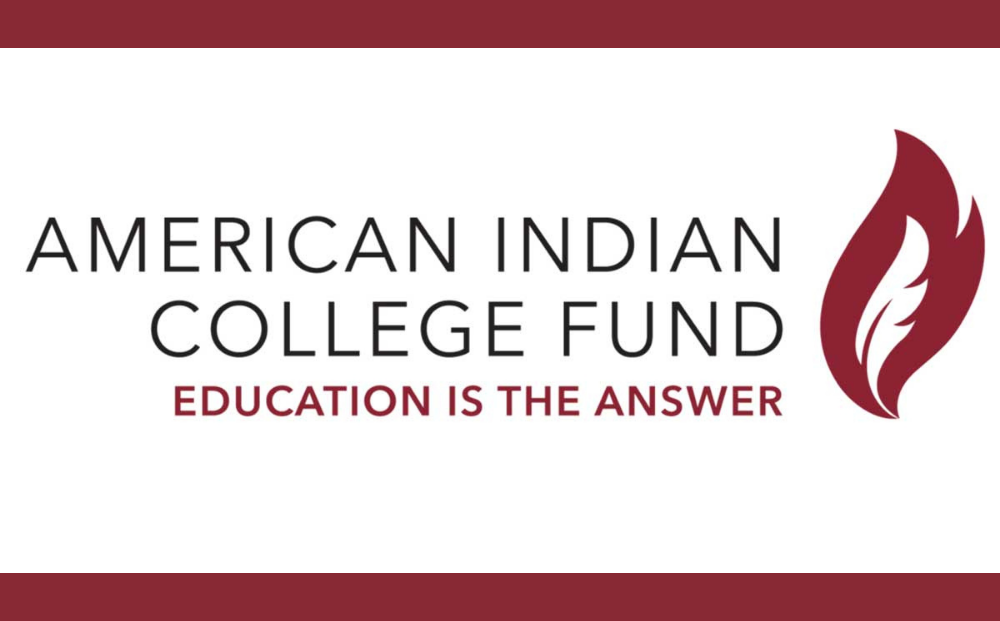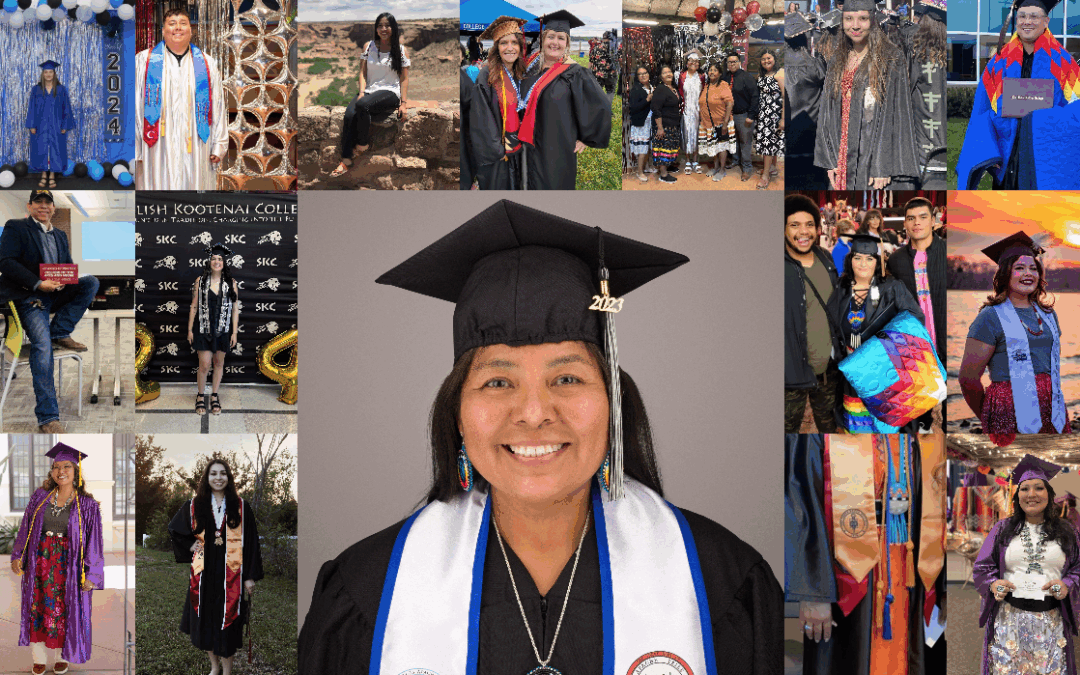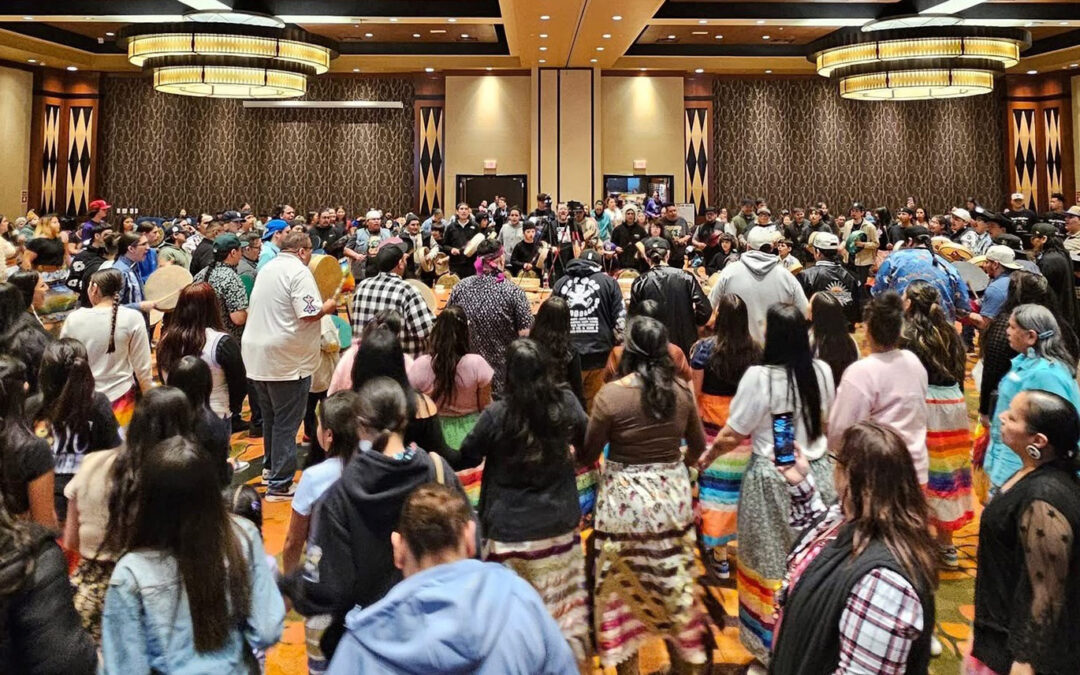Many non-traditional students reenter college many years after a first unsuccessful try at higher education. They may have been unsuccessful due to poor study skills; poor preparation for college due to ineffective high schools; lack of discipline; lack of financial or family support; or a combination of several factors.
When faced with low-wage jobs, many Natives, like their non-Native counterparts, decide to re-enter college to earn a degree so that they can provide a better life for themselves and their families.
Yet non-traditional students must joggle many more obligations than a student entering college directly from high school. There are work and family obligations, which can limit the number of credit hours a non-traditional student can take per semester. As a result, the road to earning a degree is longer.
Pell Grants are now limited to 12 semesters, down from 18 semesters. In addition, if a non-traditional student received a Pell Grant during his or her earlier college semesters, those semesters will be deducted from the students’ total eligibility. As a result, non-traditional students will often exhaust their Pell Grant funding before they have earned their degrees.
The new Pell Grant regulations will also disproportionately impact American Indians, which have the highest poverty rate in the nation combined with the lowest college degree attainment (1%) and are heavily reliant on Pell Grants. Non-traditional students comprise a large percentage of enrollees at tribal colleges and universities, which serve Indian reservations and surrounding rural areas. American Indian College Fund (the Fund) scholarship applicants who were non-traditional students age 24 or older comprised 65% of its applicant pool, and nearly 15% of the Fund’s applicants were over.
If you a a student, how will the changes in the Pell Grant regulations impact your college plans?
If you are an American Indian College Fund supporter, what do you think about the changes in the regulation? Will the changes help or hinder President Obama’s goal to increase the nation’s college completion rate by 2020?










